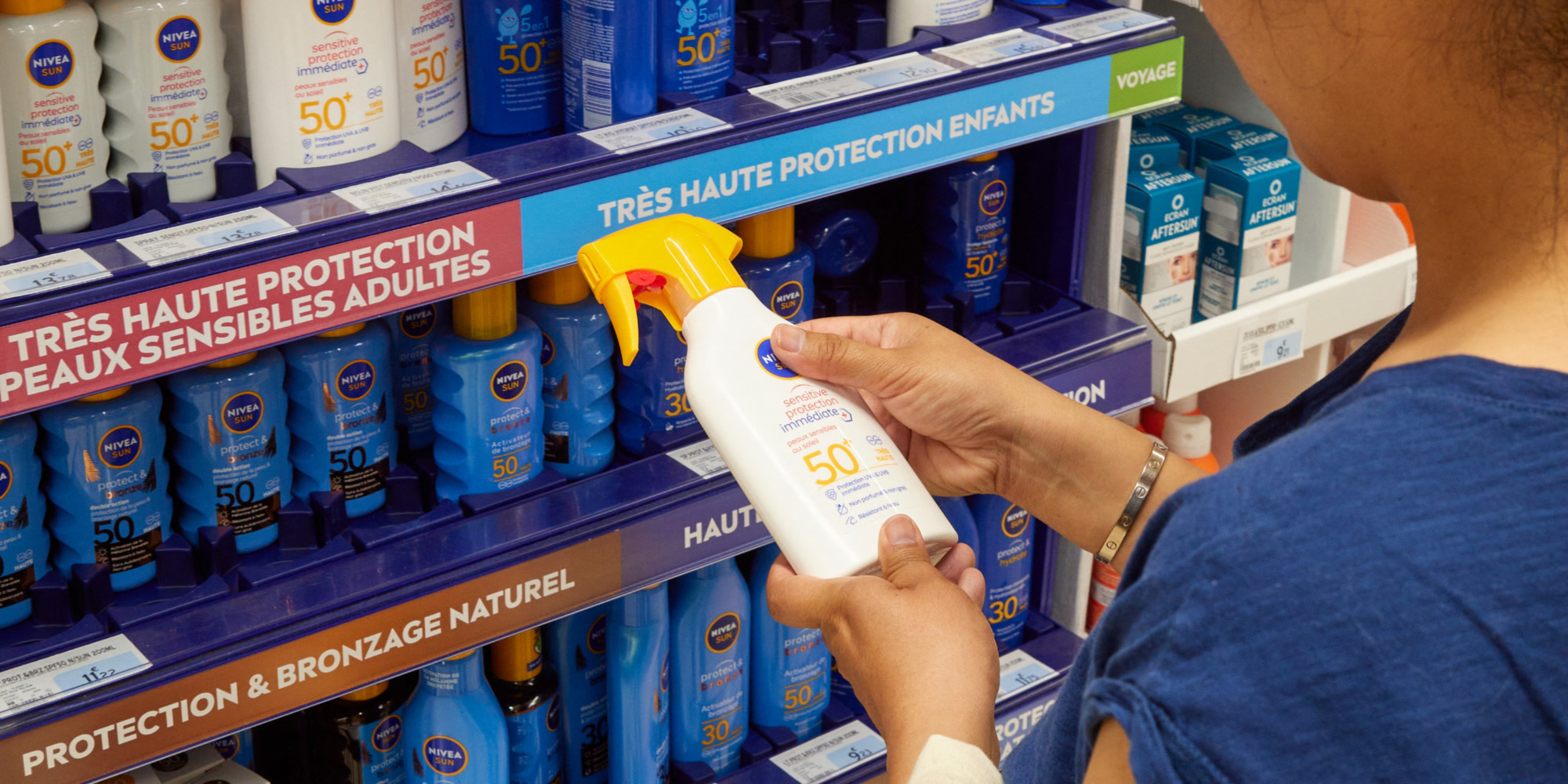While endocrine disruptors have been singled out by scientists for many years, ANSES is attacking this week octocrylene, a chemical substance widely used in cosmetics and in particular sunscreens. In a note sent to the government, the agency asks for its withdrawal within the framework of the “Reach” regulation, the European regulation which identifies and evaluates chemical substances in Europe, according to information collected by France info this Friday, which notes a “rare” procedure.
Analysis by the Ministry of Ecological Transition, then the European Commission
According to the first results of ANSES, octocrylene, a close relative of benzophenone, in addition to being potentially carcinogenic once the tube of sunscreen is opened, is harmful to the environment. For example, it would have effects on marine life and in particular for corals, several territories having already banned it in sunscreen products, such as the Virgin Islands of the United States or the Republic of the Marshall Islands. And the only way to reduce the risks according to the Agency: the ban on octocrylene.
Only in France, it gets stuck. From now on, ANSES must wait for the government to bring this restriction request to Brussels, which will have the last word on whether or not to withdraw the substance, as required by procedure. But always according to Franceinfo, several internal sources report an “unprecedented blocking situation” at the Ministry of Ecological Transition. Minister Christophe Béchu would be “favorable at this stage to carry out an analysis of the options”.
Several health protection and consumer associations such as UFC-Que Choisir had already pointed the finger at the substance in 2021, following a study published in the scientific journal Chemical Research in Toxicology. They asked for an “emergency reassessment” of the risks associated with octocrylene.
